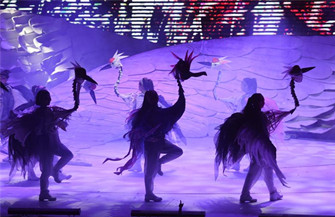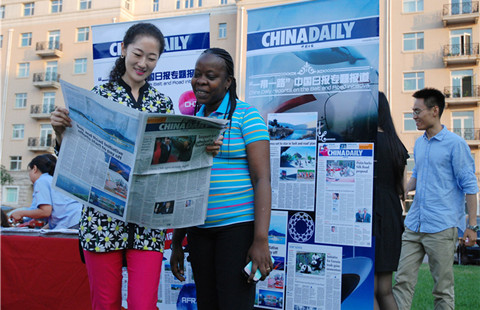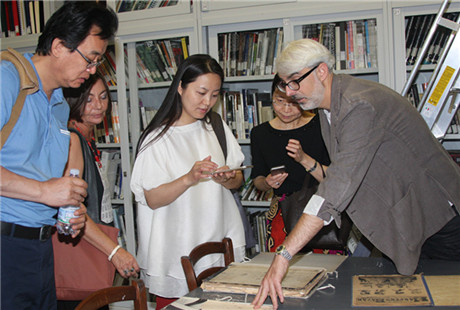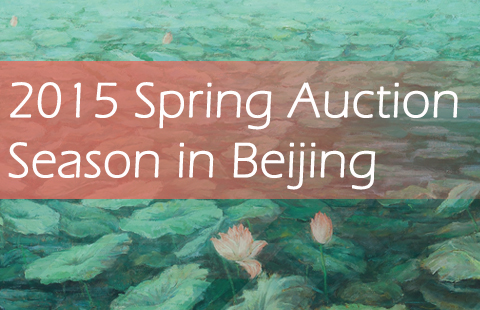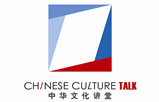Focus: popular Chinese grassroots poets
( Chinaculture.org ) Updated: 2015-07-03 10:55:51
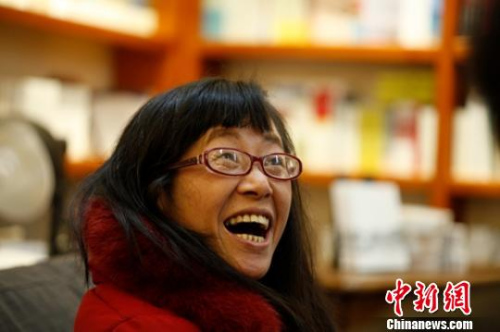 |
|
Yu Xiuhua is a well-known grassroots poet. [Photo/Chinanews.com] |
In the first half of 2015, several grassroots poets become famous overnight through the Internet and we-media. However, they soon sank into obscurity. The phenomenon drew Chinese critics' attention, and caused a social controversy on the cultural value of grassroots poets.
In January, Yu Xiuhua, a poverty-stricken, disabled poet, was given a top position in a local writers association, signaling mainstream recognition for a woman who became an Internet hit in a period when modern Chinese poetry has generally lost favor. The public fever for Yu's poems ran hot for about three months and then suddenly crashed.
Guo Jinniu, a migrant labourer and poet who published his collection of poems at the end of 2014, was invited to the 46th Poetry International Festival Rotterdam. The news once surprised many Chinese netizens. However, over time, Guo and his works disappeared from public view.
By contrast, the life cycleof more writers' poetry is even shorter. In the strict sense, these people cannot be counted as poets.
In April, for example, a girl in her last year of senior high school became popular by writing poems with the theme of food online. She was called a "food poet", and the number of fans on her micro blog jumped from less than 100 to 30,000. A week later, almost nobody paid attention to her anymore.
According to Chinese critics, the Internet and we-media offer grassroots poets space to showcase their work. Zhai Yongming, a famous poet, once pointed out that the Internet became the main channel for sharing avant-garde poetry in recent years when publishers became unwilling to publish poetry collections.
"We can say that contemporary poetry is the earliest to adapt to the era of WeMedia in the field of Chinese literature. By means of the new technology, poets try to describe the poetic part of life in the impetuous society," Zhai said.
Huo Junming, a noted literature critic, said that many popular we-medias were run by poetry lovers, instead of professional poets. Their romantic poems were much easier to read and be spread by the public.
"In the past, people read the academic 'elite poem' or 'poet's poem' in books. Now, these poems are too serious to some young readers. They prefer more straightforward poems," Huo said.
|
|
|
|
|
|
|
|




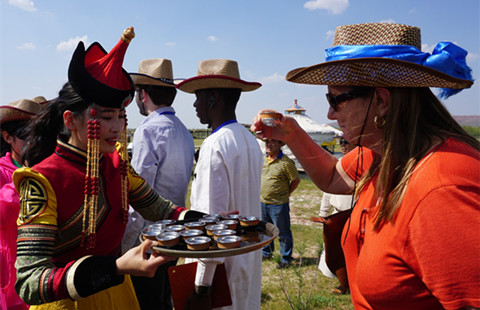


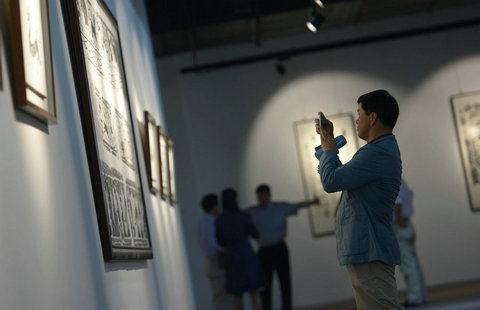



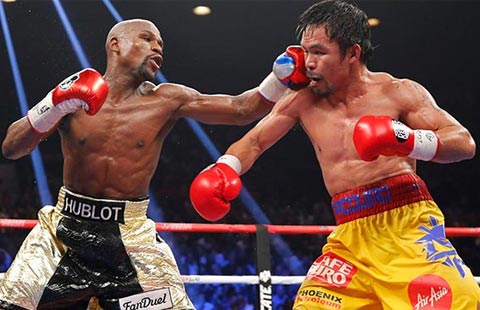
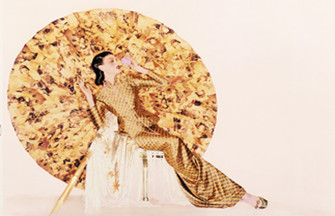


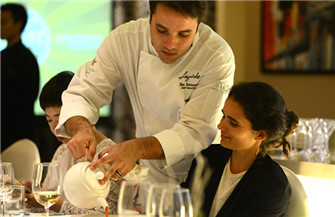


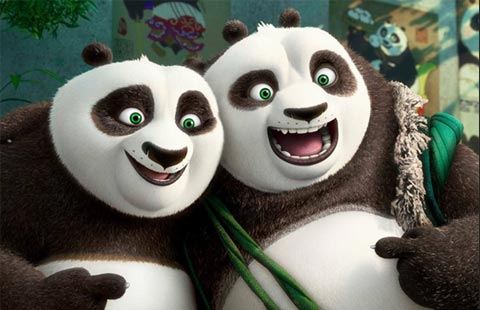
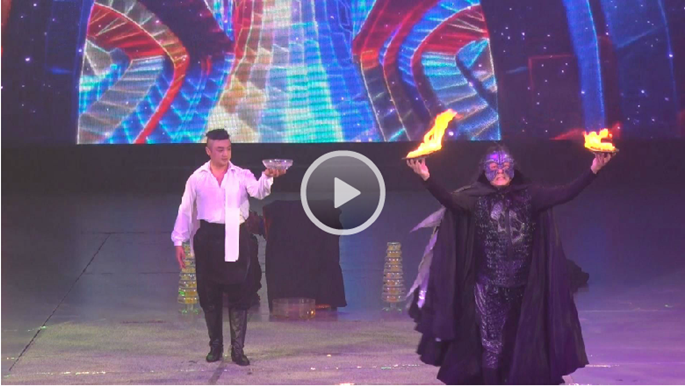
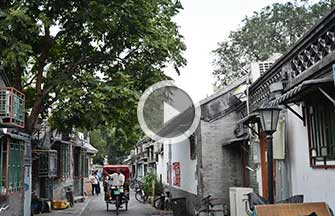

 Raymond Zhou:
Raymond Zhou: Pauline D Loh:
Pauline D Loh: Hot Pot
Hot Pot Eco China
Eco China China Dream
China Dream China Face
China Face
